..
When Tom Ritchey introduced bullmoose bars in 1980, they instantly became standard equipment for all new MTBs, defining today what a vintage mtb should look like. The inspiration for this design came after Tom suffered an equipment malfunction while racing down Repack.
MBA: What was your first Repack race like?
Tom Ritchey: I went up there and had kind of a quick yell-out and said, “Whose bike can I borrow?” and I ended up borrowing Wende Cragg's, which basically was just about as classic as any of the bikes that you’ve seen from that kind of Schwinn-heritage category. I hurled myself into the race and down the hill, and—oh, shoot, just a couple of minutes into the race the handlebars rotated. It was pretty much unrideable [laughs], and I ended up getting off, jerking on the handlebars to get them back to straight and got to the bottom. It really wasn’t much of an experience, other than that it initiated my thought process that had to do with the first Bullmoose handlebar and the one-piece system that I knew was needed for a purpose-built, off-road bike.
And so, really, the Repack experience taught me that the handlebars were terrible. The weight of the bikes was terrible. The pickup-truck idea of riding wasn’t who I was. In order for me to do the right thing, I needed to figure out a way to make these truly cross-country bikes. That's what I did. Tom Ritchey, as quoted in Mountain Bike Action
John Finley Scott, an early investor of both Tom Ritchey and of Kelly/Fisher MountainBikes, came up with the name “Bullmoose” because they reminded him of antlers 1) and as a tribute to Teddy Roosevelt.2).
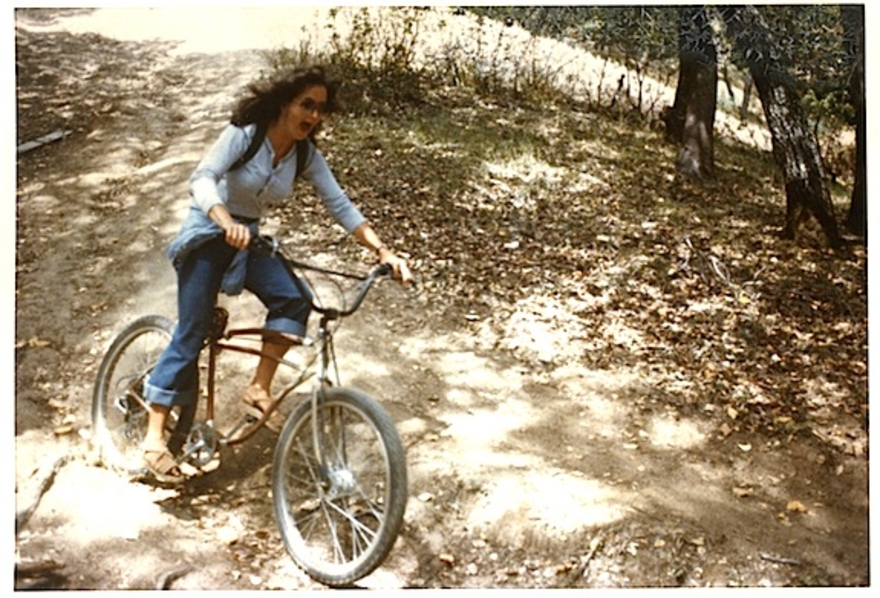
Wende Cragg, descending Repack on a 1940 Schwinn Excelsior modified by
Alan Bonds.
localmatters
Bullmoose Evolution
- The original Bullmoose bars were either 26“ or 28” wide and weighed 896g if they came with the integrated quill. Ritchey also created a weight saving double wedged quill which simultaneously gripped the stem and the steerer tube.
- Starting in 1983 MountainBikes optionally sold Nitto made fillet brazed bullmoose bars for roughly 1/3 the cost 3)
- Although the Ritchey catalog doesn't state this, starting in 1982, the lower end models such as the Mount Tam, came with TIG welded Nitto bullmoose handlebars.
- After the Ritchey/Kelly/Fisher dissolution, Ritchey referred to bullmoose bars as “Twinstrut” while Fisher MountainBikes continued to use the “bullmoose” name, now appended with a ™ symbol.
- The last vintage MTB in this timeline to use bullmoose bars appears to be the Swiss 1992 Ferraroli Authier. After that, the focus was on making narrow bars light weight out of aluminum, titanium or carbon.
- Nitto recently continued to make the Bullmoose bars and it remains available online at places such as: velo-orange. 28“ wide, 15' sweep, 693g (no quill). Or a fillet brazed Nitto version was available at Rivendell, 26” wide, 30' sweep, 868g (full quill). 4)
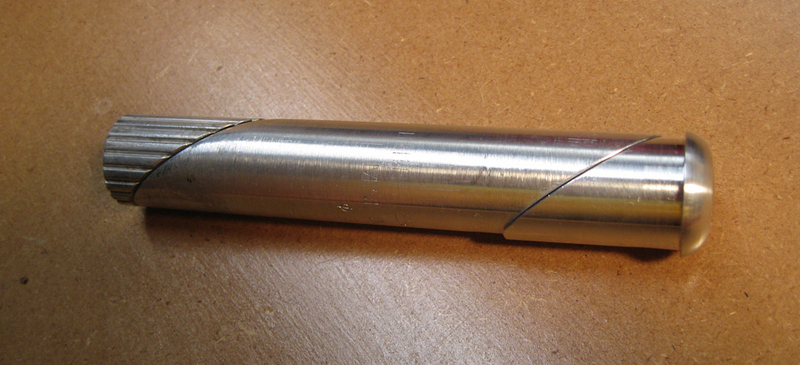
1980 Ritchey quill adapter, using a double wedge, allows for the bullmoose stem to firmly grab the steerer tube.
vintagemtbworkshop
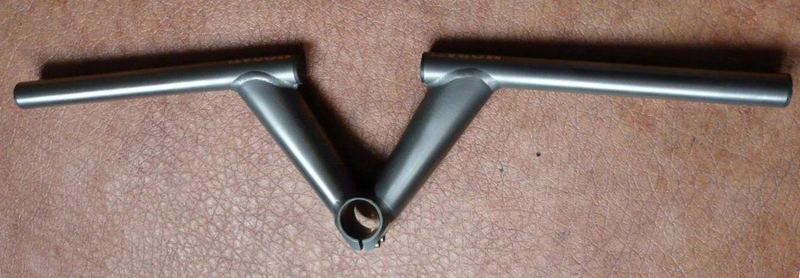
2011 Morati Titanium M-bars, 560mm wide, 310g
facebook

In 1980, the “Bullmoose” name had yet to be coined.
1980 Ritchey Catalog, page 1 vintagebicycledatabase
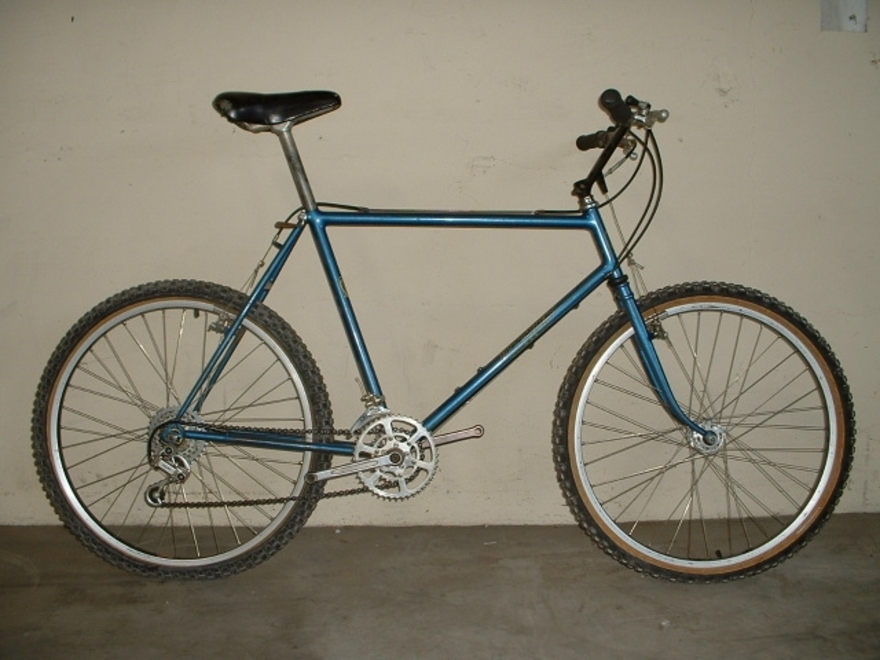
1978 Ritchey #1, upgraded with 1980 bullmoose bars.
Tom Ritchey's personal bike.
vintagebicycledatabase
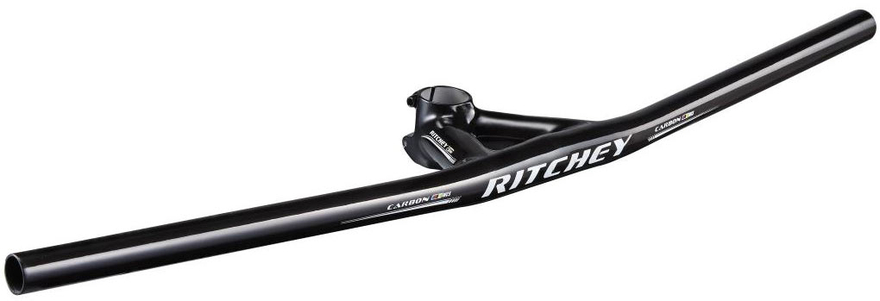
2015 Ritchey WCS Carbon bullmoose handlebar-stem combo.
Size: 720→740mm wide with a 9→11cm stem.
280g.
$299.95
bikerumor

